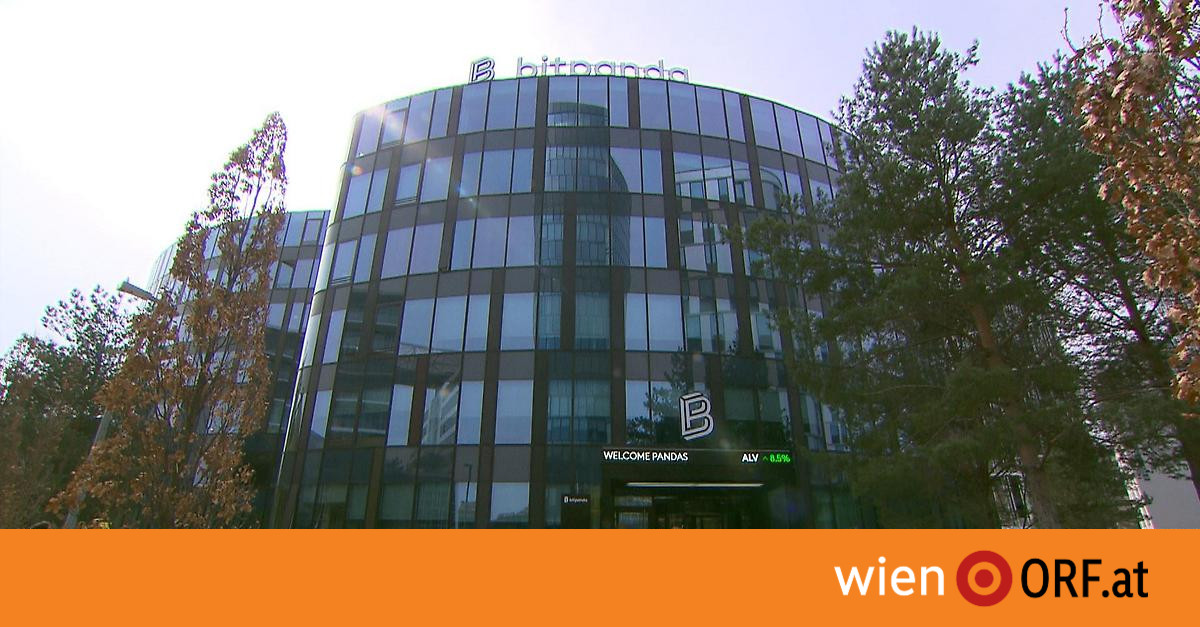The most affected are the consumer sector, retail and industry
A number of deals that were expected to attract private capital were hampered
Banks give more difficult loans
It is becoming increasingly difficult for European companies to secure the most important component needed for the acquisitions they want: money. After more than a decade of freely available financing, turbulent markets have limited banks’ propensity to lend to large mergers and acquisitions. This has overshadowed European deals worth at least $ 25 billion, including some high-profile transactions in the UK.
A combination of many challenges has shaken global markets, from high inflation to rising interest rates to Russia’s war in Ukraine and the looming threat of recessions. This causes even the largest banks to reduce their exposure to leverage-backed loans because of the risk of being burdened with debt that they cannot sell to investors.
“Obviously the environment is very different from last year, when cheap financing and lower volatility made many deals easier,” said Guillermo Baigual, co-head of M&A deals in Europe, the Middle East and Africa at JPMorgan. “Obviously we don’t jump in the pool until we’re sure there’s water in it.”
The era of easy money, which emerged in the years following the 2008 financial crisis, was a particular advantage for buyout companies, which increased leverage against attractive returns. This has led to a boom in private equity, which has led many in the industry to become accustomed to doing business in a downturn.
“We take the time to educate the buyer’s universe and adjust the processes accordingly,” says Baigual. “There are strong levels of activity from infrastructure funds, which have a lower cost of capital and usually long-term holding periods, leading to expectations of lower returns.”
Although the value of private equity acquisitions in Europe has increased by 9% on an annual basis to about $ 170 billion, according to Bloomberg, this is largely due to the giant acquisition of the Italian infrastructure group Altlantia. There are clear signs that things are slowing down, with the value falling by 69% in June, and a number of deals that were expected to attract private capital are hampered.
“When sponsors and other buyers can’t get enough leverage at reasonable prices, it affects their ability to pay prices that would be possible when markets were more favorable,” said Harding-Jones of Citigroup. “This creates a huge difference in the buyer’s and seller’s expectations of value, and we see stagnation or disintegration of deals because of it.”
The consumer sector, retail and industry are among those most affected by the slowdown in credit markets. However, buyers who really want to continue trading despite the tight financing market still have other options. One is to write larger checks from equity. Another possibility is the search for alternative forms of loans.
The reluctance of banks to engage in financing opened the door to a group of private debt companies that have accumulated more than 1 trillion. dollars to help fill the gap and capture market share from traditional lenders. These alternative lenders certainly also have limitations and will often demand a higher price for their money.
–
_1929038125940462895_big.jpg)

